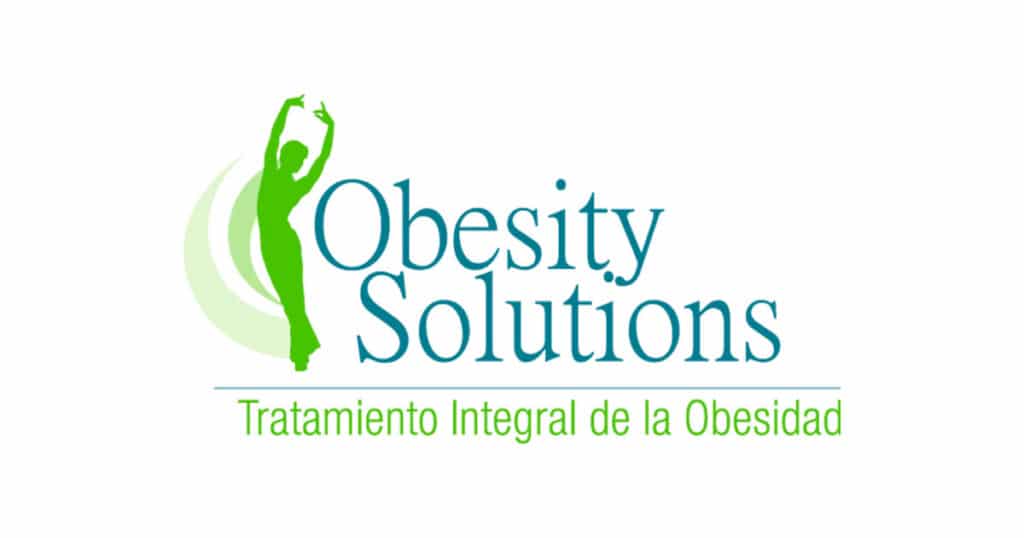FAQs
You may qualify for bariatric surgery: if you are between 16 and 65 years old with a body mass index of 35 or above;2 and diseases like type 2 diabetes, high blood pressure, joint pain, depression, obstructive sleep apnea, or another obesity-related condition.
After the initial assessment by our health team, the time may vary from one week to three months depending on the condition of your related diseases, such as type 2 diabetes, high blood pressure, and others.
It’s possible to regain weight, which usually results from poor adherence to the indications, so it’s necessary to maintain nutritional and psychological close follow-up and exercise.
The best treatment is the one that fits your profile. Because of this, we will perform an assessment; your medical history, diseases, weight loss expectations, and financial situation will determine your best option.
The answer is yes if you qualify for bariatric surgery. Obesity is a chronic disease that requires long-term treatment, patients who discontinue pharmacotherapy are prone to the rebound effect. Surgery is considered a sustained weight loss option.
Source:
- Tirthani E, et StatPearls [Internet] 2021.
Obesity and related diseases, such as type 2 diabetes or high blood pressure, are some indications of bariatric surgery. Weight loss, blood sugar, and high blood pressure management, among others, have proved its effectiveness.
Source:
- Stahl JM, et StatPearls [Internet] 2021.
Type 2 diabetes is the one considered in terms of metabolic benefits. During the first postoperative year, diabetes remission has been described along with a decrease in complications such as kidney disease and retinopathy. The earlier the surgery is performed after type 2 diabetes diagnosis in candidate patients, the greater the impact on the prevention of diabetes complications.
diagnóstico de diabetes tipo 2, mayor será el impacto en la prevención de las complicaciones mencionadas.
Source:
- Madsen LR, et Diabetologia 2019;62:611-20.
There are emotional factors that influence our diet. That's why professional guidance that provides the skills to achieve your goals and make lifestyle changes in a healthy, safe, and effective way is necessary.
Yes, blood tests, chest X-rays, and electrocardiograms are requested. Some tests may vary according to the assessment of each patient.
It’s not necessary. The hospital admission takes place two hours before surgery. In some hospitals, we can admit you one night before.
From 30 minutes to 2 hours, depending on the case.
You will start with a clear liquid diet the same afternoon after the surgery. Then, you will incorporate other foods depending on the phases that your dietitian will advise for a better adjustment to your new eating habits.
We suggest relative rest for four to seven days. Then you can return to your office activities.
On average, you will reach the maximum weight loss in one year. However, this can vary from less time up to 18 months depending on factors such as age, genetics, sex, initial body mass index, and motivation.
Source:
- van Rijswijk AS, et Obes Surg 2021;31:3833-47.
Follow-up appointments are suggested 1, 3, 6, 9, and 12 months after surgery; we recommend additional check-ups at 18 and 24 months to check on weight and lifestyle changes.
In gastric balloon cases, the appointments are 1, 3, 6, 9, and 12 months after placement.
Sure! Ask for our advisors, or call Sandy Rodriguez at (52) 55 6805 3477, or visit aliviocapital.comWe also have 0% interest credit cards for up to 18 months. Ask for detailed information and current promotions to our assistants.
The prices on our website are subject to change without prior notice. We suggest you send an e-mail to info@obesitysolutions.mxWe will be glad to make an estimate.

